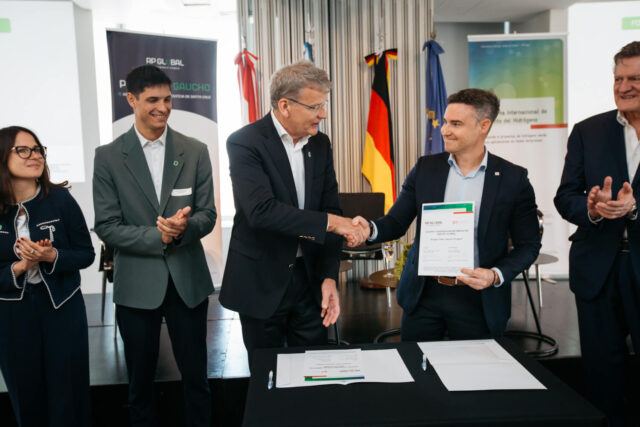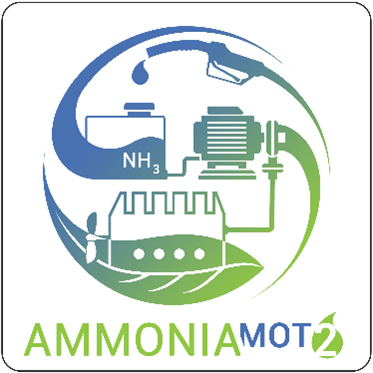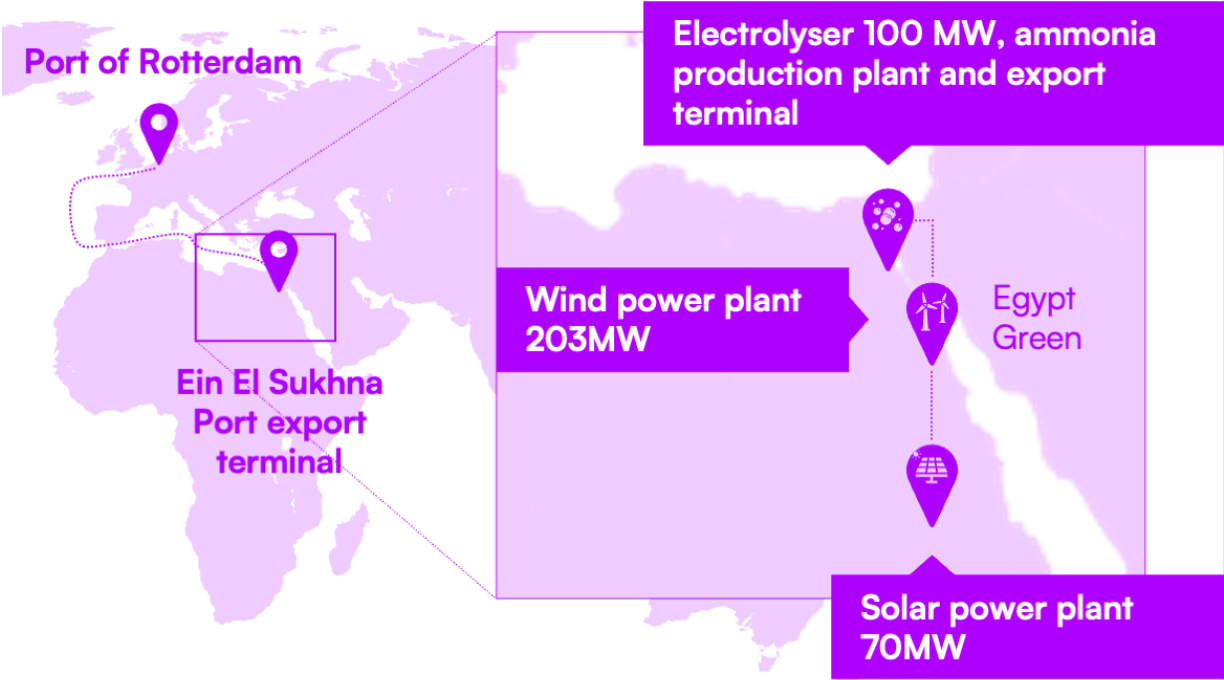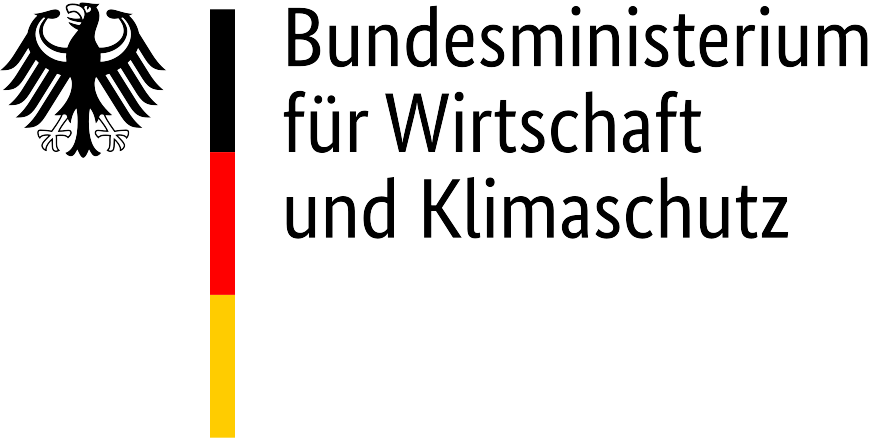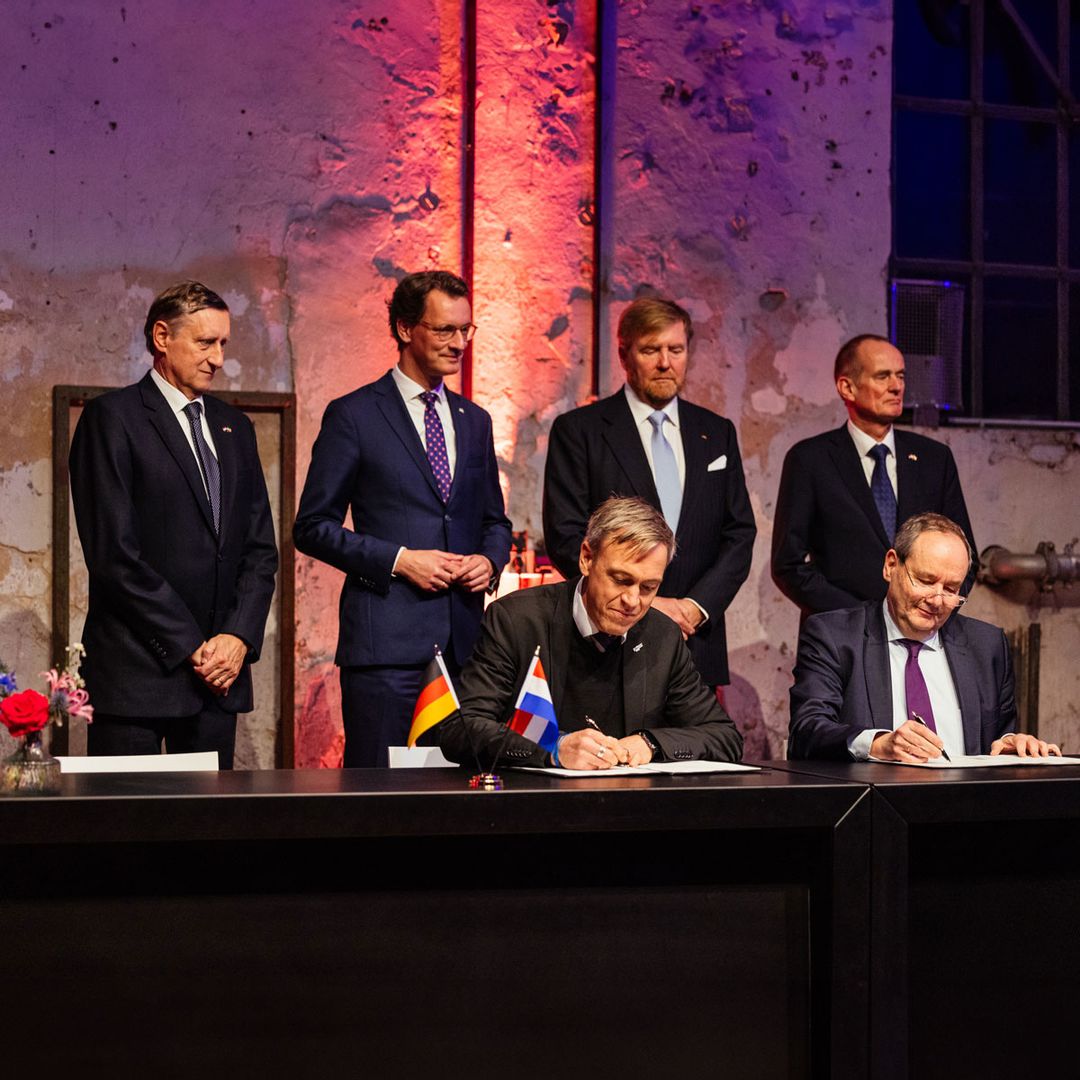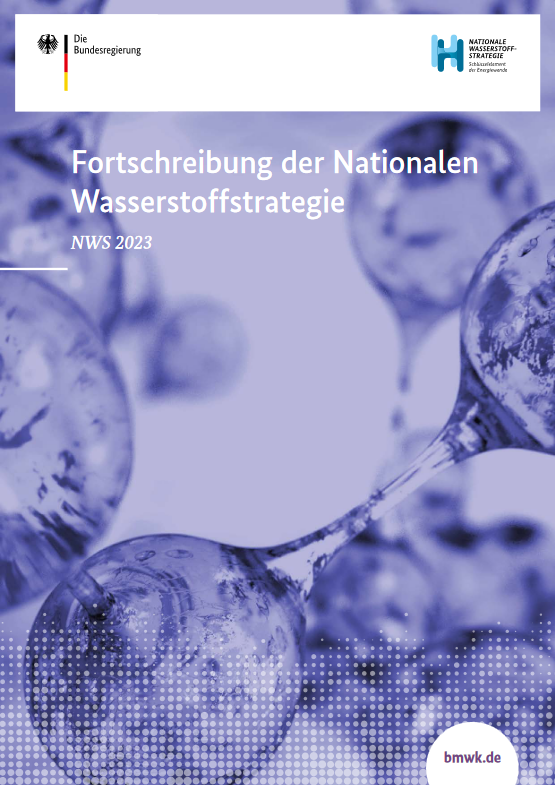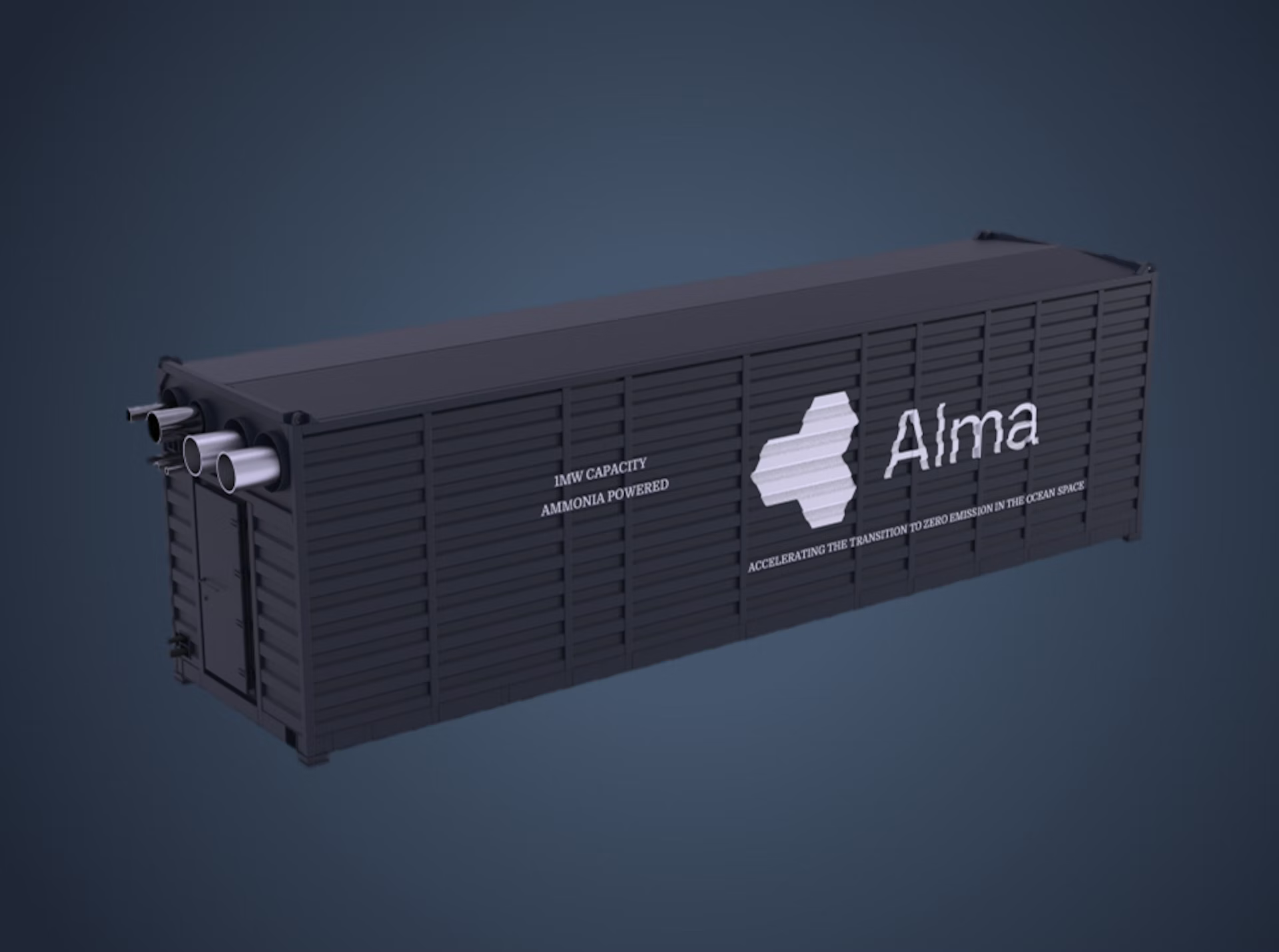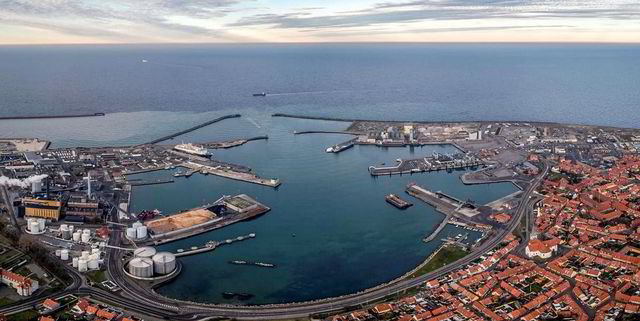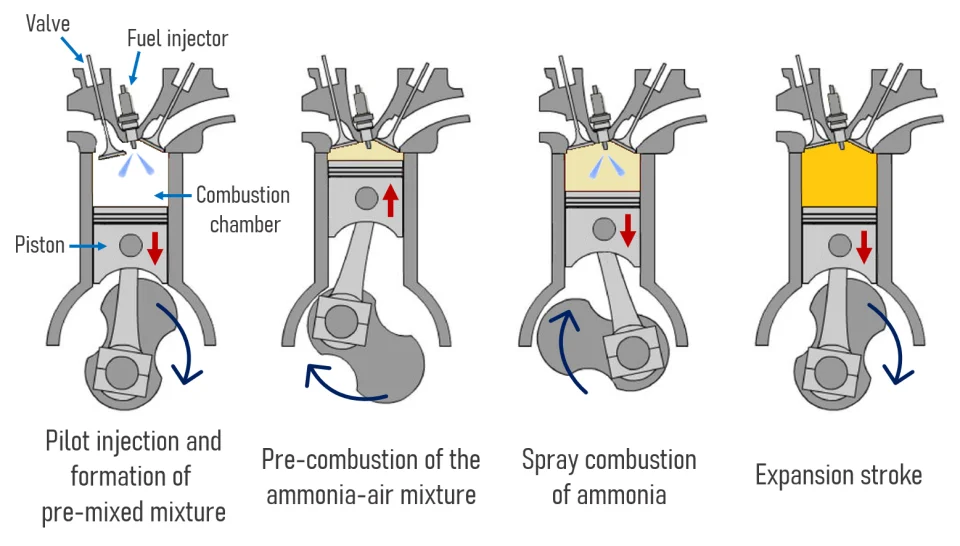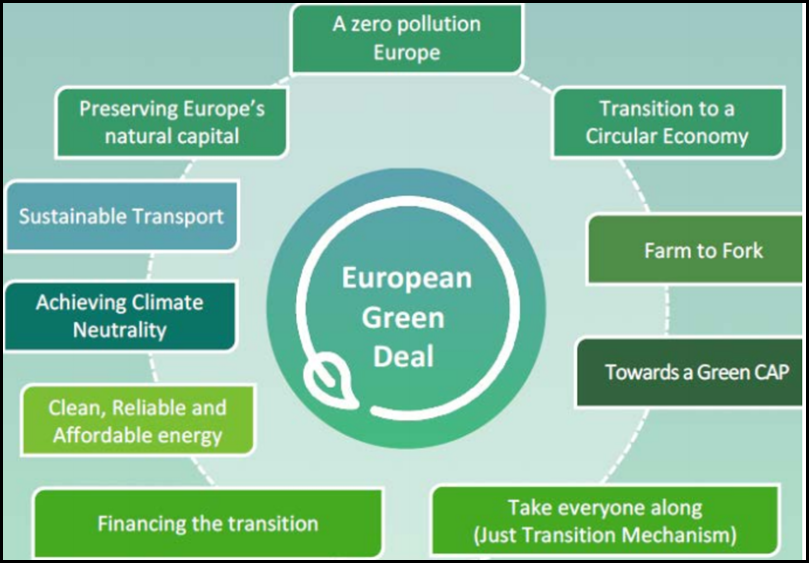
In the first stage of Project Gaucho, 3 GW of electrolysers will be powered by a 4.2 GW wind farm, leading to the production of up to 1.7 million tons of ammonia per year. RP Global and German development agency GIZ will develop the project, supported by an official German government program for ramping up the nascent hydrogen industry.
